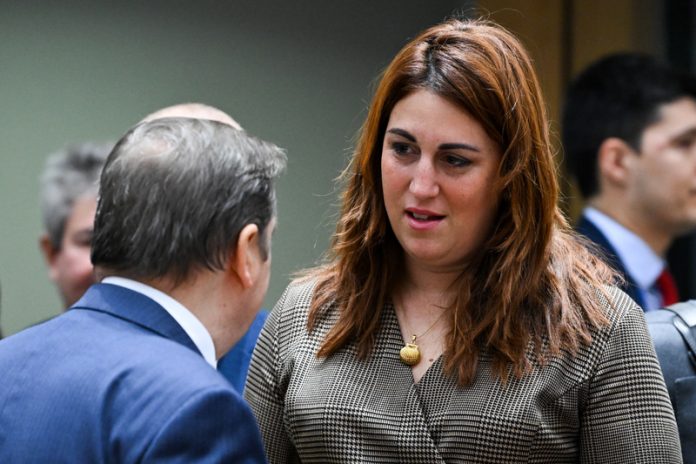During a meeting of the Council of European Ministers for Agriculture and Fisheries in Brussels and attended by the Parliamentary Secretary for Fisheries, Aquaculture and Animal Rights Alicia Bugeja Said, an agreement was reached on a quota for -lampuki during the next year. This is to ensure the sustainability of this stock and ensure good opportunities for our fishermen.
Parliamentary Secretary Bugeja Said requested that while the same regulation reflects the need for the lampuka stock to be maintained at biologically sustainable levels, we should minimize the socio-economic impacts on the fishermen for the coming years. The parliamentary secretary defended the position of Malta and several other Mediterranean countries regarding the tuna quota, and insisted that the internal allocations of the European Union should remain closed. “Malta believes that while the relative stability of this stock should be maintained, Maltese and Mediterranean fishermen should continue to benefit from the recovery of this stock, thanks to their sacrifices for many years”, pointed out the parliamentary secretary. At the same time she emphasized the point that in order to achieve the sustainability of fish stocks and protect the livelihood of artisanal fishermen, we must continue to ensure equal conditions with third countries while continuing to strengthen the fight against illegal and unregulated fishing.
During the Council meeting, Alicia Bugeja Said supported the general ambition of the proposal on New Genomic Techniques in agriculture and recognized the opportunities that this technology can have for the sector in order to be more resilient and to be assured s – food safety. However, she said that the proposal created a specific issue for a small country like Malta due to its unique agricultural situation. Here she reiterated that all Member States should have an equal opportunity to apply the decision that Category One products ( NGT 1) are prohibited in the organic sector, according to their specificities. The parliamentary secretary stressed that Maltese consumers and Maltese organic farmers should not be disadvantaged compared to other continental countries. Therefore the solution that was found in the Council for this reality was one that Malta could welcome.
Regarding the situation of the markets, the Parliamentary Secretary Bugeja Said acknowledged that the Union’s agricultural markets are still facing several challenges, mainly due to the fact that uncertainty has become the norm. Reference was made to some of the main challenges, including climatic events and geopolitical conditions that are causing pressure on the price of energy, feed and fertilisers.
It is therefore important to continue to observe the market so that action can be taken at the right time, with transparent, fair and effective measures, in a timely manner. Malta insisted that there should be more flexibility in the CAP Strategic Plan while referring to the amendments to the strategic plans and the importance of reducing the complexity and delay of the process.
On behalf of our country, the parliamentary secretary welcomed the revisions that were presented to improve animal welfare and concluded that , “Malta welcomes the fact that the Commission is introducing European regulations for the welfare of -dogs and cats . This is an important step that reflects the initiatives that our country is taking on a national level”.
Photo (MAFA_PS)










